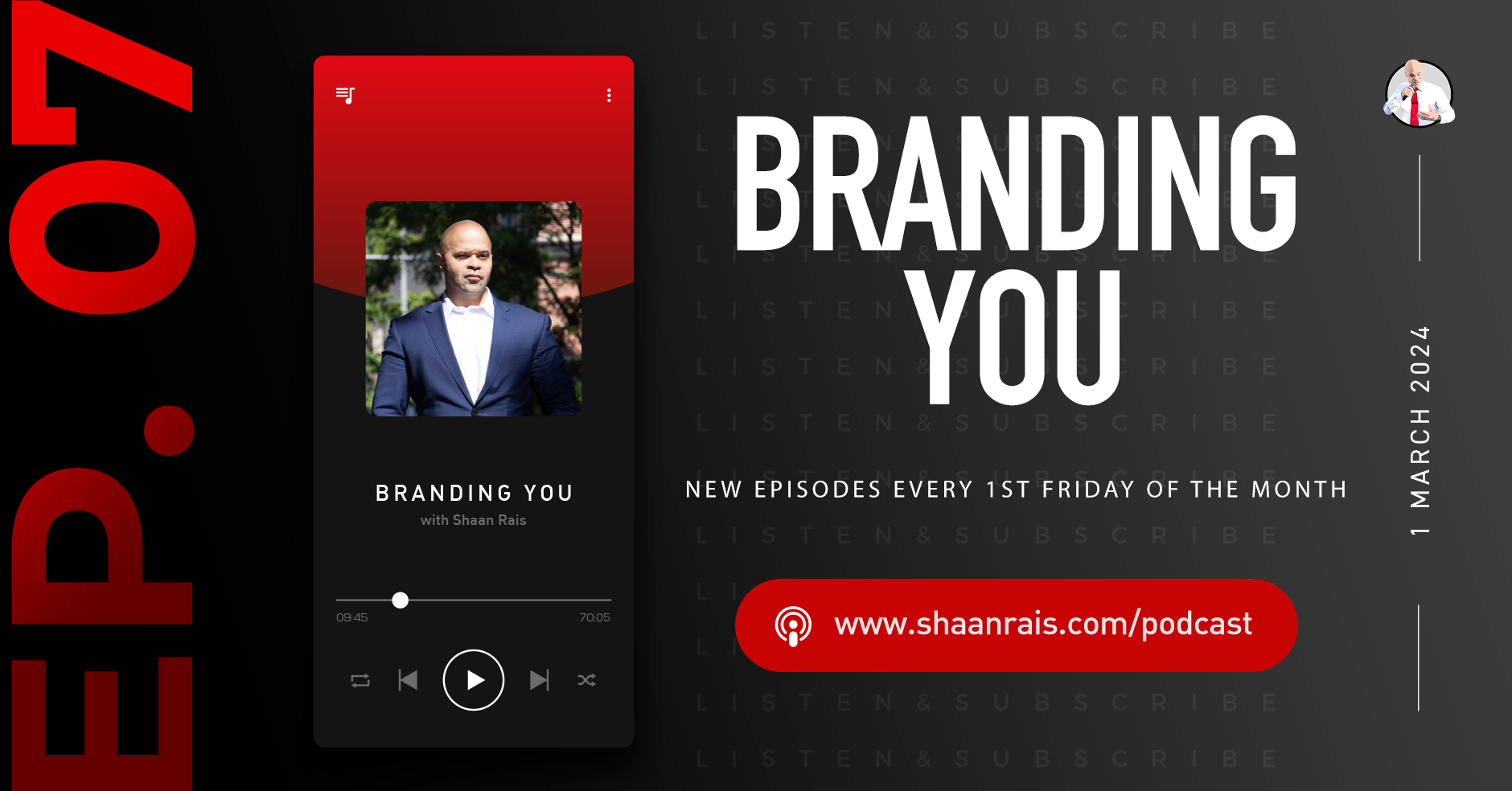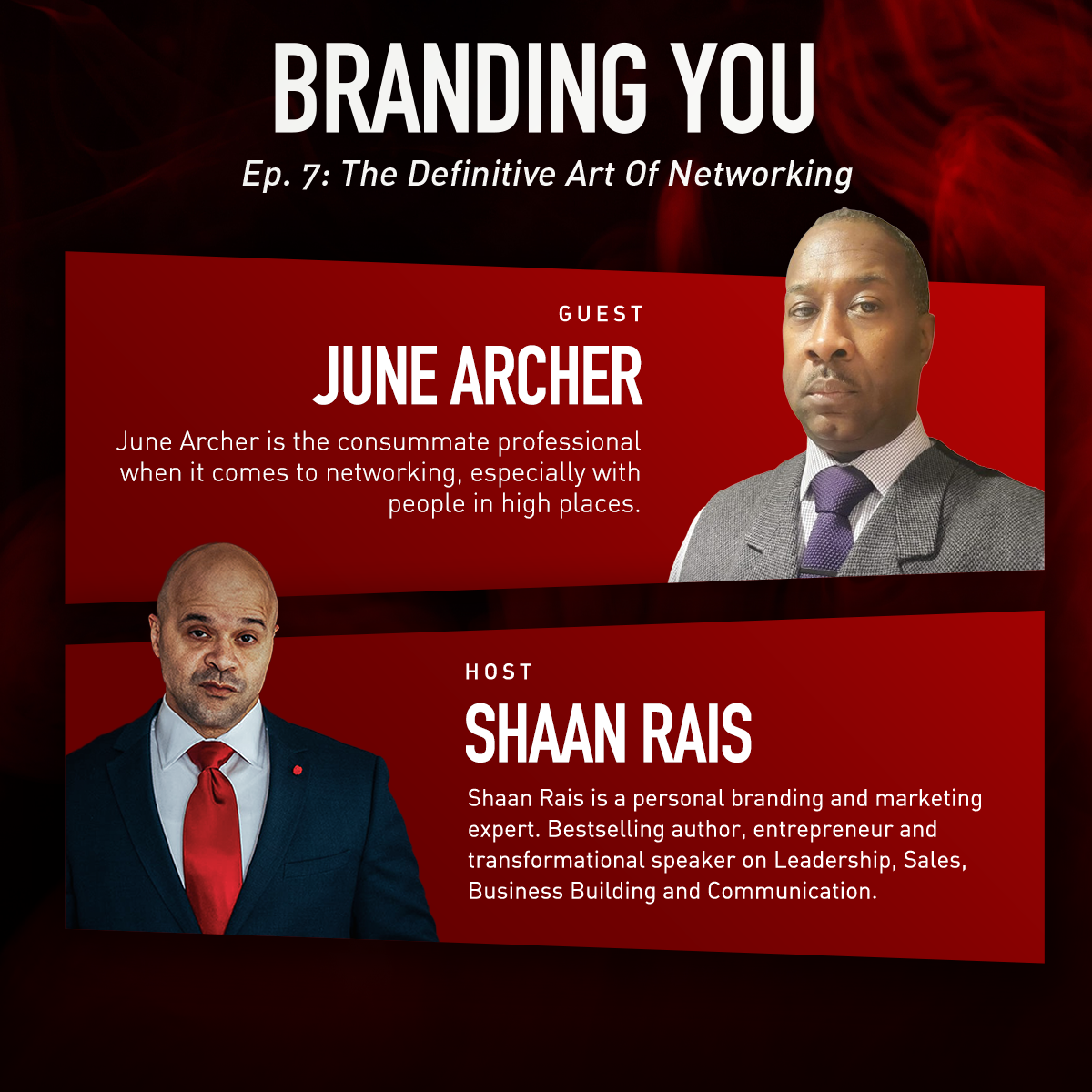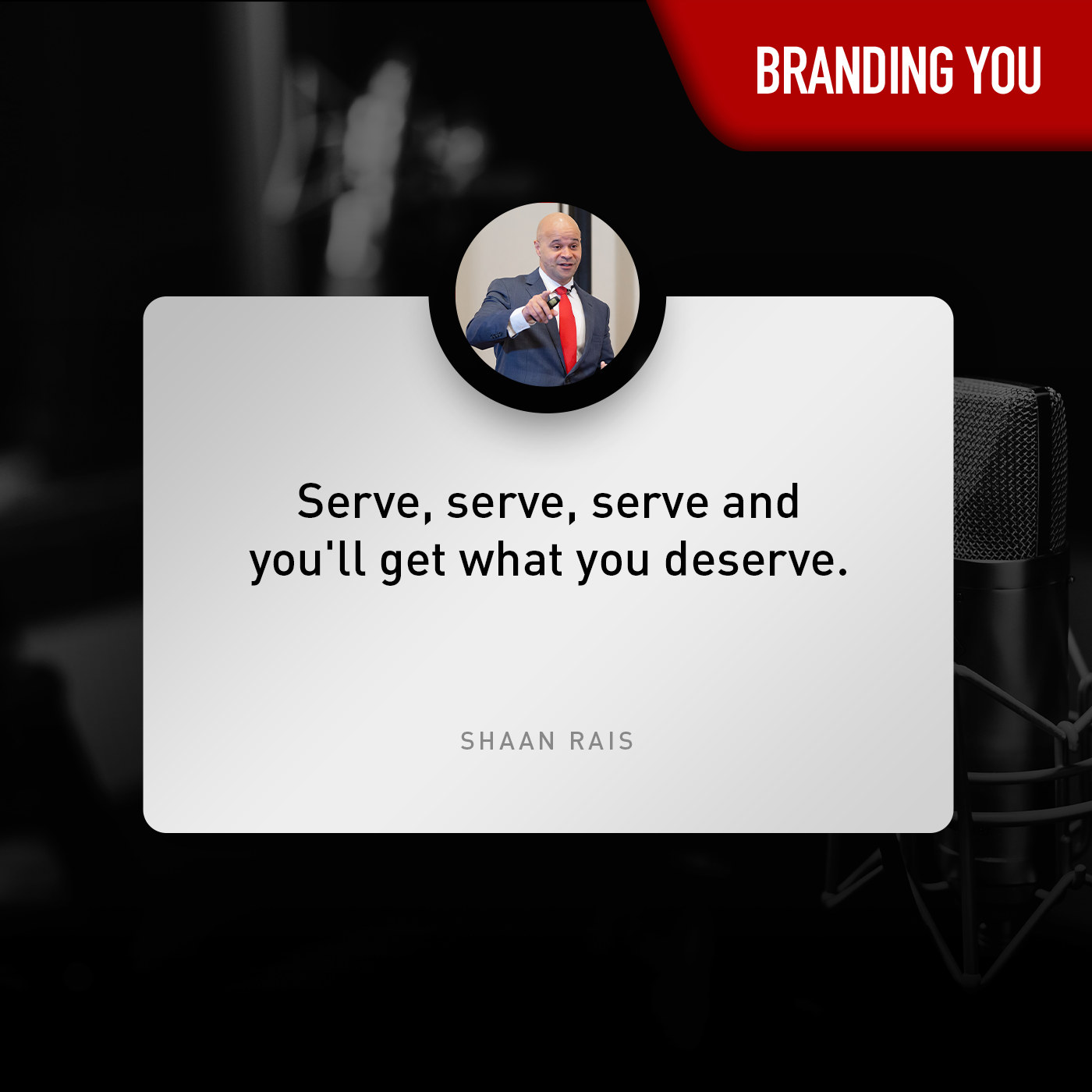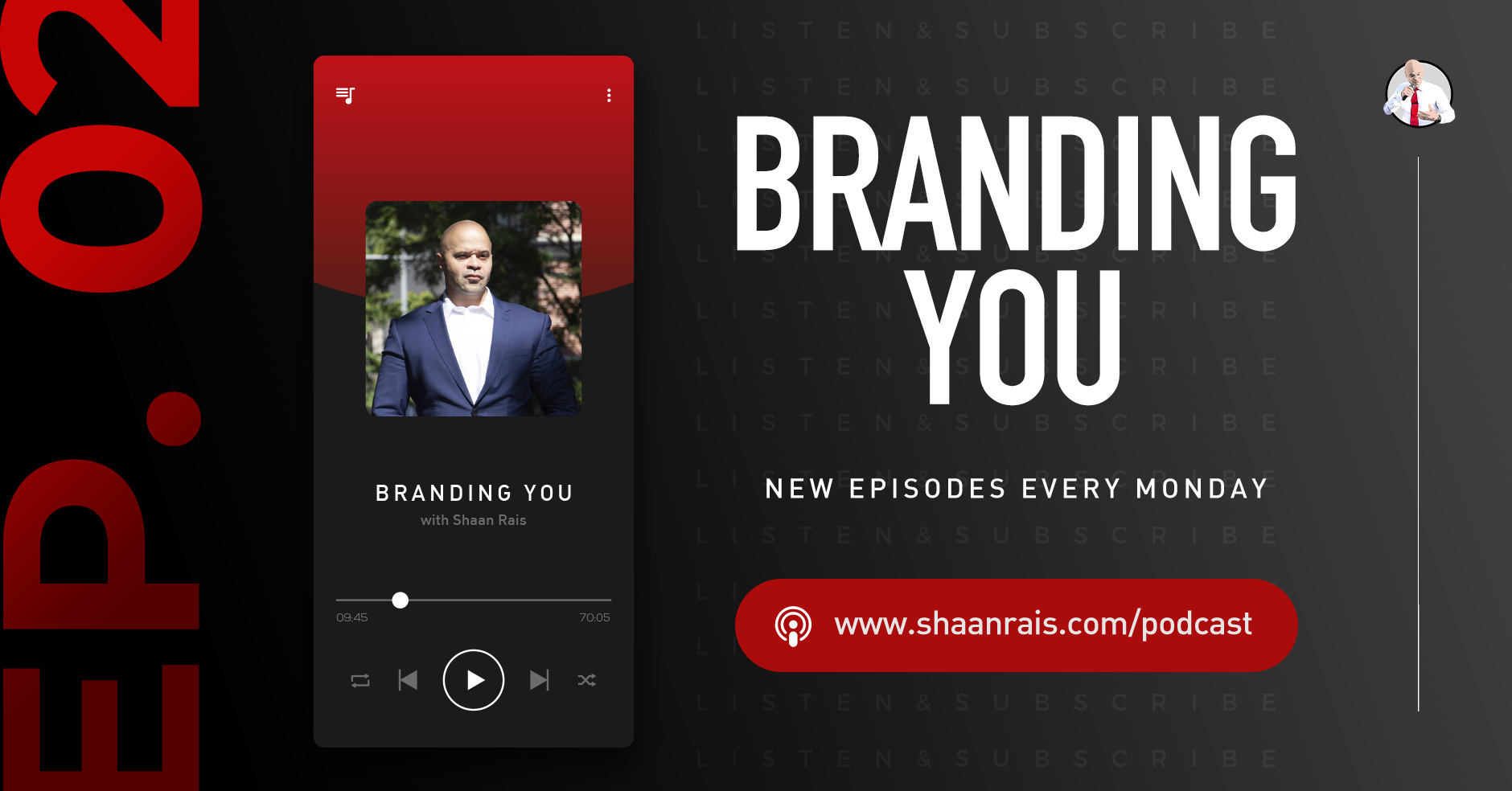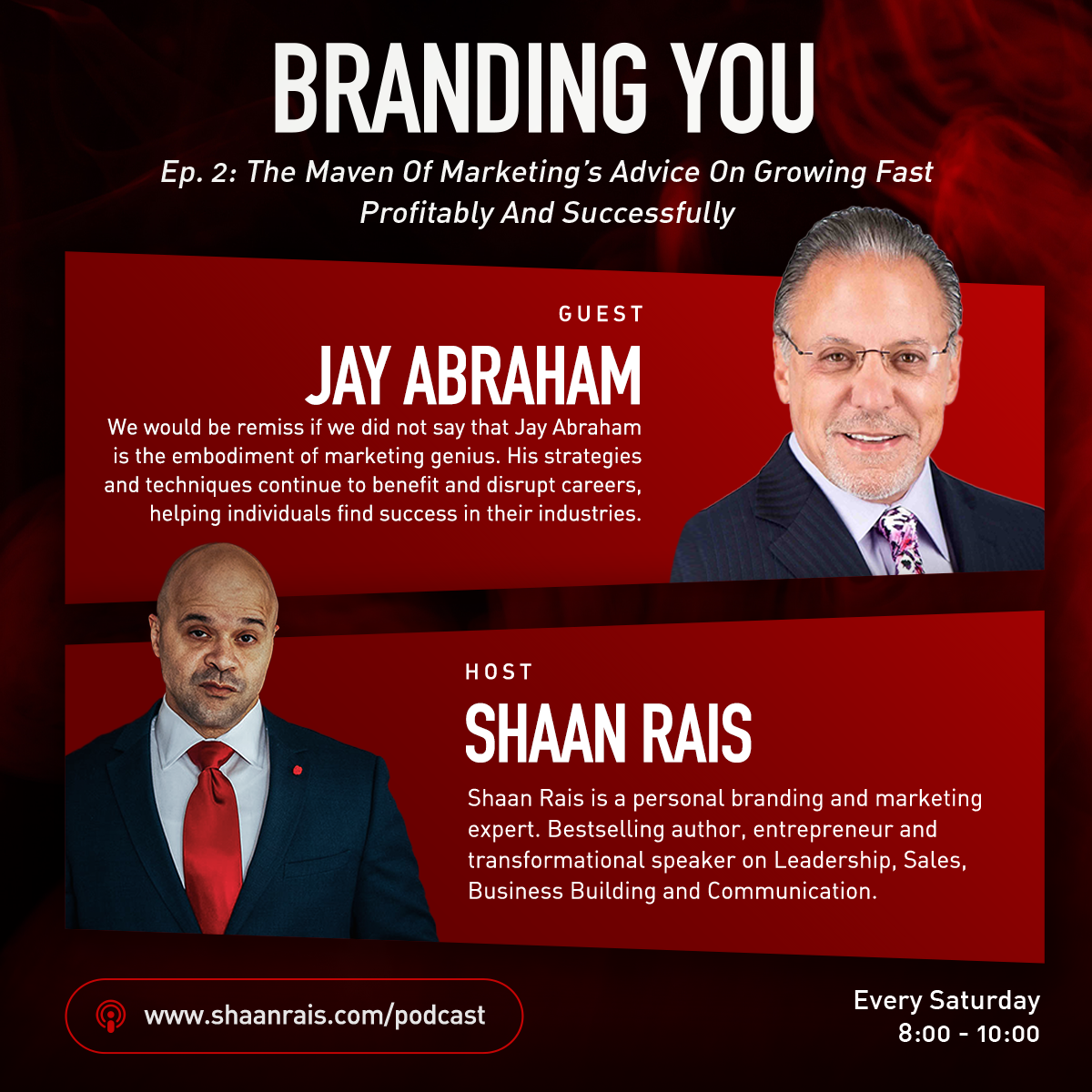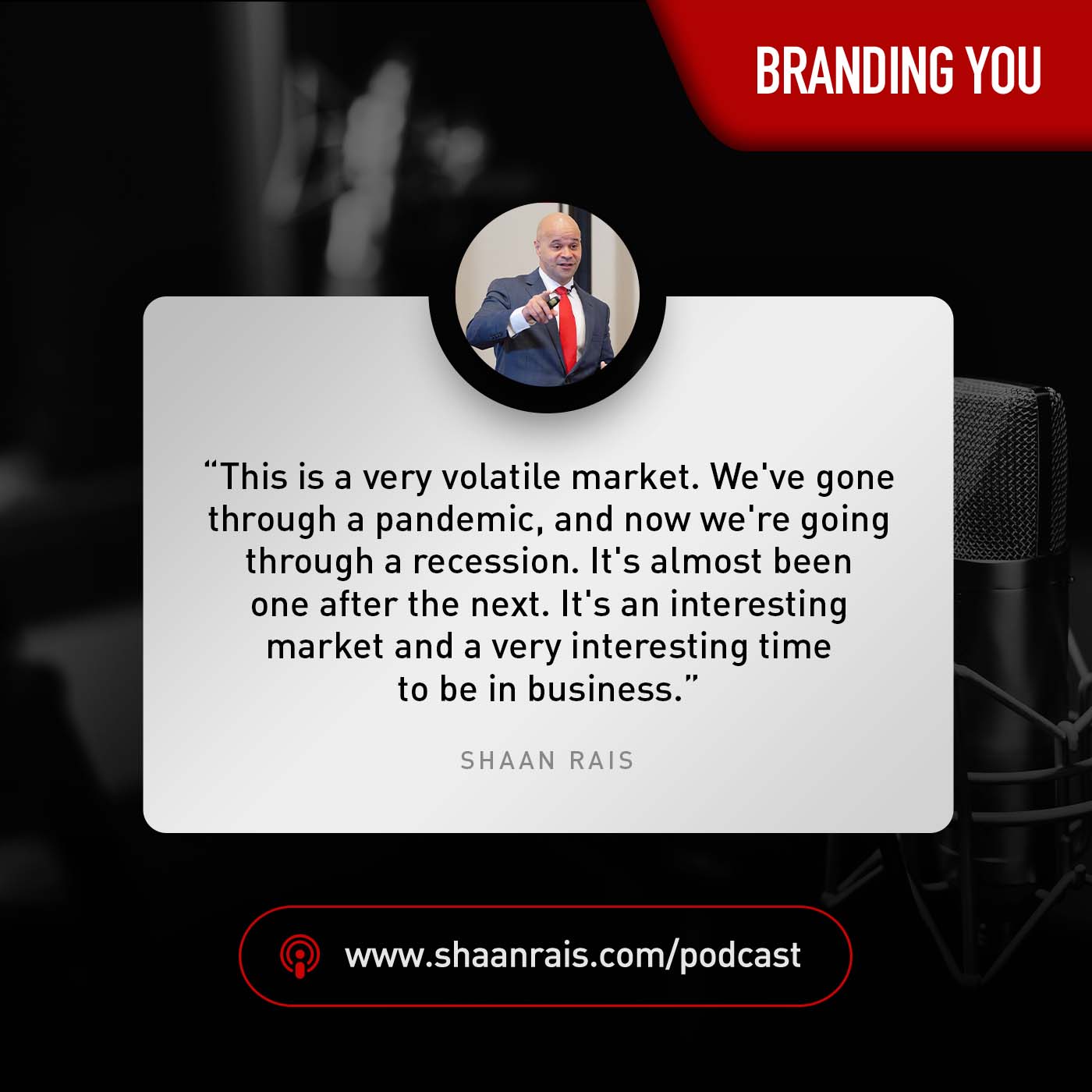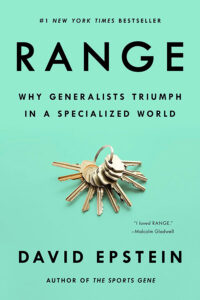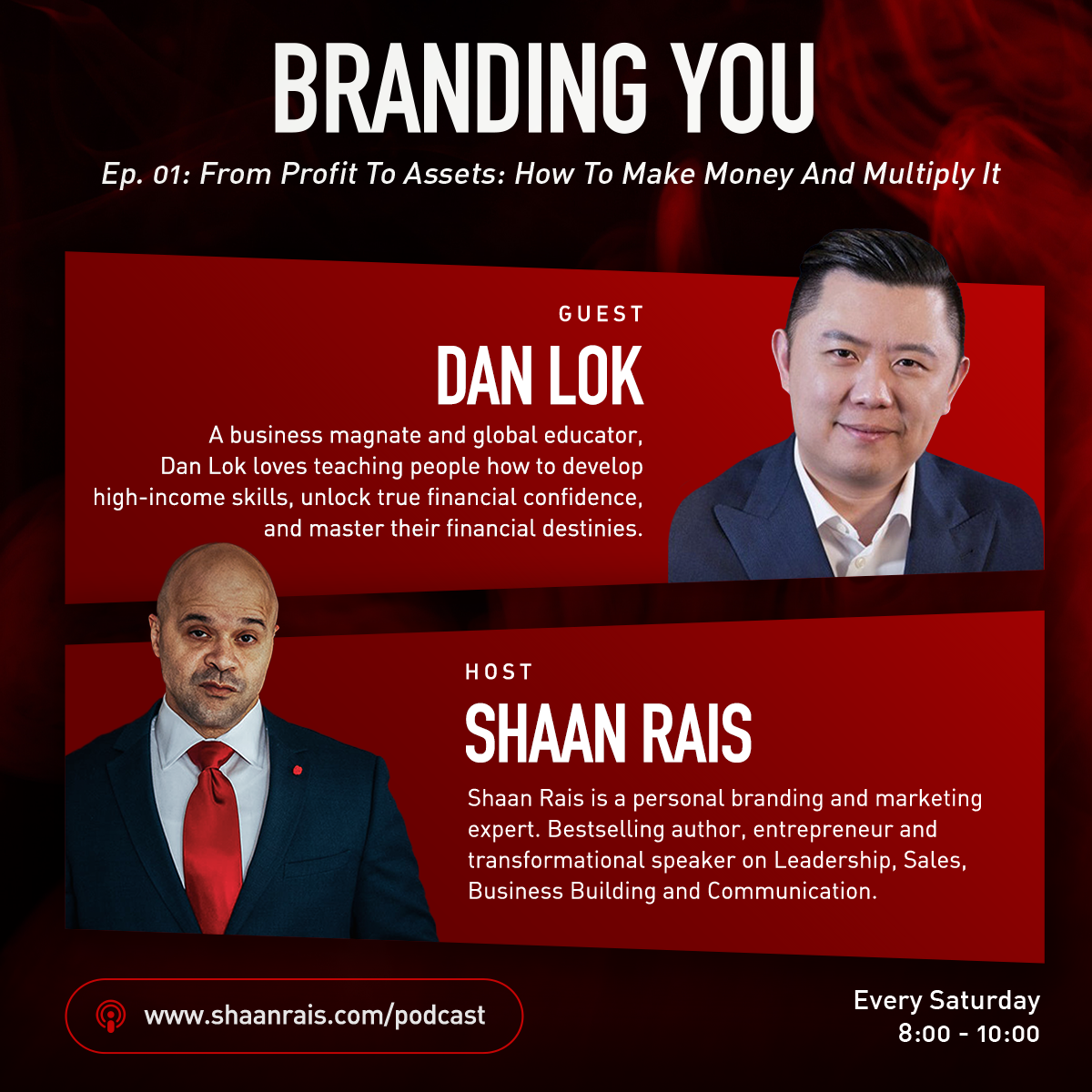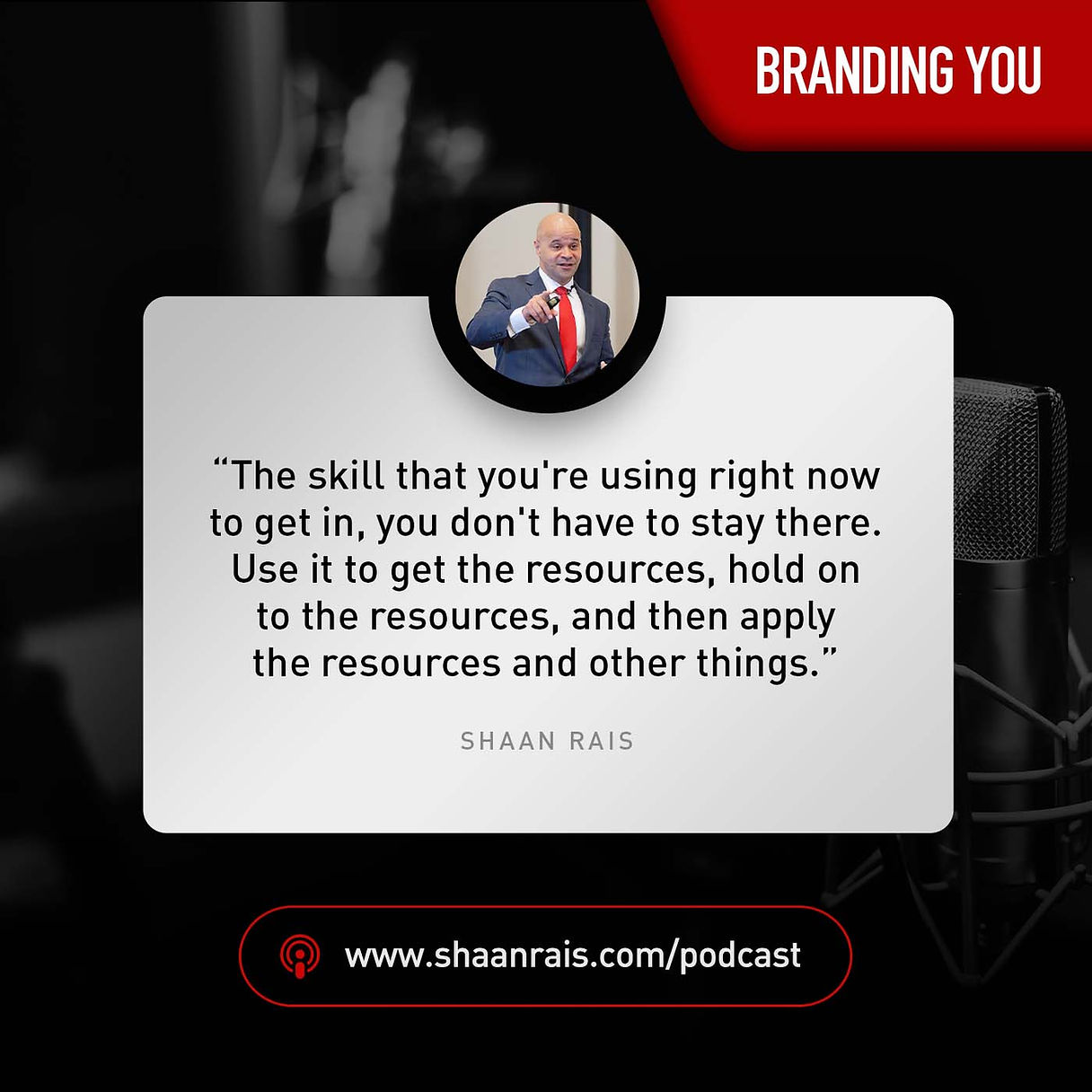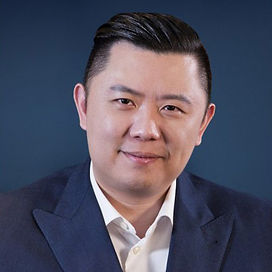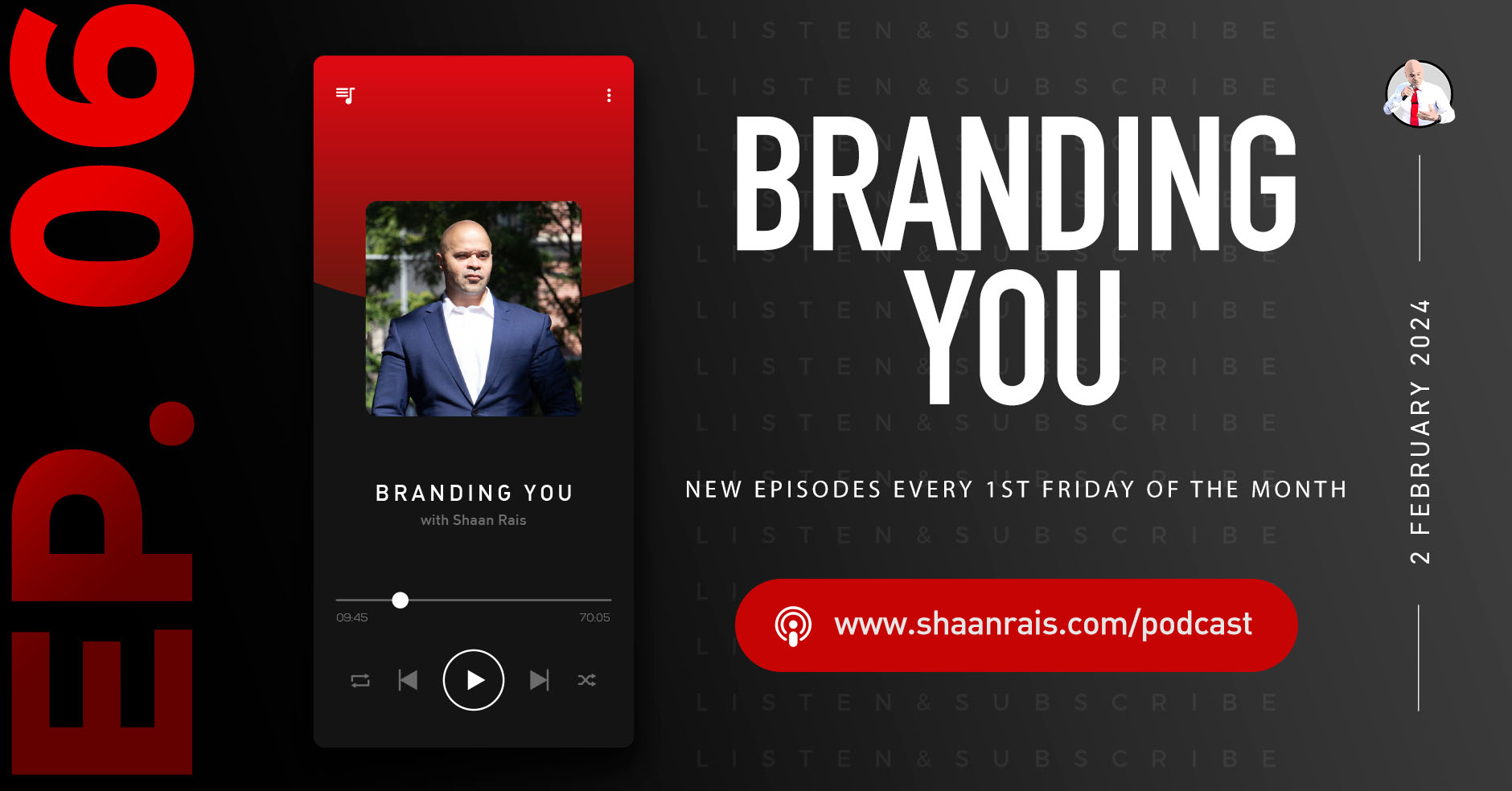
Your book is more than just words on paper. It has the power to open up numerous possibilities and transform your path from being an author to becoming an authority. Rob Kosberg, founder of Best Seller Publishing and mastermind behind many bestselling books, shares strategies to harness the power of your story in this episode. He discusses how a book can have a profound impact on your personal brand. He also explores the many opportunities that go beyond royalties. Find out why a book is more than just ink on paper. It can open up opportunities for you, give you chances to speak publicly, and help you establish authority in your field. Tune in now and learn how to become a best-selling author.
—
Listen to the podcast here
How To Build Your Brand Through Becoming A Best-Selling Author With Rob Kosberg
You are tuned in once again to Branding You where we brand you and not what you do so you can add a zero to you, your community, and your revenue-gaining ground when it comes to your visibility, credibility, and profitability because you have the unique ability that nobody but you have. This is all about you, branding you, and not what you do.
In this episode, I am accompanied by a phenomenal guest. I’ve worked as hard as I could to bring this guest in front of you because he has a unique vision and mission that will add value to what you’re trying to do when it comes to earning your ideal client, getting eyeballs on your offer, and ultimately being able to raise your prices and add a zero to that bottom line. I’m speaking to none other than Rob Kosberg. Rob, how are you doing?
I’m doing great. I love your energy. I’m going to be doing even better after this is over.
Let me ask you a couple of questions about how you began. What was the vision in the beginning? You have a unique platform. You provide a phenomenal service to coaches, speakers, and consultants. You help them get visibility, credibility, and profitability in the market space through premier publishing. Publishing is your platform for helping people to become bestselling authors. This is all about branding you. How important in your mind is branding to someone who wants to become known in the marketplace?
I don’t know if there are many things more important than it. There are four reasons why people don’t buy from you. I always leave it for number four but I’ll start with it. The biggest reason is that people don’t know who you are. They have no idea what you sell and who you are. They don’t know you because you’ve not done the work to get in front of them.
That is not their fault. That is your fault. That is my fault. If I’m not in front of people, it’s not their fault that I’m not in front of them. It’s my responsibility. Branding does both that and positions you correctly. The number 2 and 3 reasons people don’t buy are because they don’t trust you or your product. Branding is about building trust once people get to know you. It answers all the questions necessary for people to purchase something from you.
Let’s go back and find out. How did you begin? What was your impetus? What was your origin story getting started with helping people to publish, promote, and profit?
It began with a massive failure. That’s what it began with. I began with a crushing defeat. I don’t come from the traditional publishing world, ghostwriting, or have any real expertise as far as scholastically or academically. Probably my English teacher would be rolling over in his grave if he knew that I was helping thousands of people to write books because I didn’t have much of a glorified academic background but I got in real estate at a young age.
For 20-plus years, I owned 3 very successful real estate-related companies right up until the time they weren’t. That was the Great Recession, the financial crisis of 2007 and 2008. I had three businesses that were doing over $100 million a year in transactions. By April 2008, those companies all shut down. We didn’t go from $100 million to $50 million. We went from $100 million to $0. We couldn’t get financing or lend anybody any money. The only type of real estate that was selling was either cash or government loans. We didn’t do much of either. We did a lot of investment property and high-end property.
I had been in real estate for a long time and honestly was looking for a change anyway although that’s not the kind of change I was looking for. No one wants to change that way, believe me. I spoke to a couple of mentors and said, “I’m getting into this new field. I’m not known in this new field. I’m known in real estate. If you were in my position, what would you do to be known and the trusted authority in this space?”
Two people independent of each other said I should write a book and they were both mentors of mine. Honestly, I hadn’t thought of writing a book up until then but it rang true to me. This was in 2008. I started writing a book. I made every mistake imaginable. I paid a ghostwriter big money. That was a miserable failure. It ended up taking me eighteen months to write my book, which was way too long but failing forward, the book became very successful.
It was the number-one book on Amazon for some time. This is back in 2009 and 2010. The book helped me start a brand-new business in 2009 that went from $0 to over $1 million in revenue in the first year. It got me on the radio and TV. It got me speaking engagements. I generated leads with the book. It blew things up for me.
I’m a little older than some of your guests but if you remember that time at all, the stock market was still down 50%. The economy was still struggling in 2010 and 2011. Real estate was way down. We weren’t out of the woods by any means. It was pretty bad but my business was exploding. People started coming to me and saying, “How are you doing it? What’s going on? How is your business growing the way it is?” I said, “It’s my book.”
In 2011 and 2012, people started asking me if I could help them with books. I was like, “Let’s see and give it a try.” I started helping people doing books and fell in love with it. Within a couple of years, I ended up selling my previous business. I went all in on Best Seller Publishing. I found it at that time. It has been years now and thousands of books later. It’s organic. I fell into it. It’s a total accident.
That’s huge. There’s one thing that you said that I had to grab a book and write down real quick. I like to take notes. Whenever you read anything that we do, get your pen, grab a piece of paper, and make sure you take copious notes, and I’ll help you along the way. You said something about mentoring. When things got bad for you, the first thing that you did was you went to mentors and mentors pointed you in the right direction. How important do you believe is mentorship for entrepreneurs, CEOs, thought leaders, and people who are starting a business or anywhere at all in business?
It’s massive. I spent over $160,000 in 2022 on coaching programs. I spend at least $50,000 to 6 figures a year on it. I’m a huge believer in it. That’s not new for me. That’s something I’ve been doing since the early 2000s. For years, I’ve been spending money. When I count it all up, it has to be millions of dollars but it has made me an enormous success. I credit those who came before me, advised me, and helped me. It’s a shortcut. It’s a cheat code. If you can get a shortcut to success, take it.
Mentorship is a cheat code and a shortcut to success.
Those are very wise words spoken by Rob Kosberg. He is sharing the keys to publishing, profiting, building your platform, building your personal brand, being recognized, being able to add a zero to your number, and being able to start your business and gain traction within your industry. Rob, you said a couple of different things. Let me let my audience know. What are the likes of the people that you have worked with thus far? Give us some names. Drop a couple of names. Let people know a few people that you’ve worked with, not too many but not too few. Let them know that you’re serious business.
We have worked with clients in athletics. Evander Holyfield is a client and a friend. I’ve done several things with him. We have done several books for Kevin Harrington of Shark Tank. He’s spoken at my events. There are a lot of people in the digital marketing space. We launched a book for Jay Abraham and Roland Frasier if you know those guys. Jay is a legend with billions of dollars in sales.
We do a lot in the medical space, the financial space, and the coaching and consulting space. We did Taki Moore and Shanda Sumpter’s books. We’re honored to work with cool people who want to make a big splash in the world. We’re super honored to be working with you. You are a big name and somebody who is doing big things. It’s an honor.
Thank you very much. Make a note of that. We’re working together and that’s because I don’t bring anybody in front of you that I have not vetted and qualified. I don’t mean a qualification of payment under the table. I mean a qualification of true validity and evidence-based quality service. Even though we published my very first book, we still tapped on Best Seller Publishing and Rob Kosberg himself to help the Shaan Rais brand go to number one bestseller because I’m the last person to claim that I know everything.
I ascribe as well to mentorship, investing, and shortening time. We call it collapsing time by grabbing the coattails of someone who started before us. I didn’t suffer the indignities of doing all of the wrong things. I said, “Before I do the wrong things, let me attach myself and hook my chariot up to someone who has done this before and knows how to get it done so it can save me the most money and pain possible.” If you’re trying to save money and time, this is why I am bringing this phenomenal gentleman in front of you. Rob, what time zone are you in?
I’m Eastern. I’m in Florida on the East Coast.
The publish, profit, and promote situation has allowed you to travel with the sun, live the life of your dreams, and do what you want when you want and where you want. Talk a little bit about that freedom piece and how it’s a little bit different from what people would think it is.
I’m a little old-school. I needed a push by the universe and God. I’ve always had a physical location and office. I’m from Florida originally but I lived in California for about fifteen years with my family. I’ve been married a long time with my wife and my kids. When COVID hit, I always dreamt, honestly, of having a virtual company but I was afraid, “What’s it going to be like?” We have a lot of moving parts in my company, twenty-plus full-time people who work for me, not to mention subcontractors, setters, closers, and fill-in-the-blank.
We always had a big office that everyone worked out of but when COVID hit, I owned a home on the water here in Florida that I was thinking down the road one day I would either retire to, or who knows? We would move to Florida eventually. When COVID hit, our office was forced to shut down. I was forced to confront my fears and desires. My desire was to be a virtual company. We were forced to be. COVID was a terrible experience for many people. From a business standpoint, it was fantastic for us.
I was paying $10,000 a month for an office in California. Unfortunately, I had a lease and I had to keep paying that for eighteen months. I paid almost $200,000 for an office to sit vacant that they wouldn’t even let my company go to. It’s criminal but it got me out of California, which saved me a ton of money, and got me back to Florida. I live on the water here in Florida. This is my home office. I have a guest house and I work out of the guest house. I’m grateful. There are challenges and fears that you have to confront but there’s nothing like entrepreneurship to realize your dreams and ambitions.
There’s nothing like entrepreneurship to realize your dreams and ambitions.
You said something that rang true for me. I hear Cardone speak about the California to Florida migration. I hear him say the same thing. You had a company that grossed $100 million regularly in the real estate space. Speak to that a little bit for my people who want to make a ton of money and want to make a big indent on this planet. What does that look like as opposed to the entrepreneurship small business space?
It looks like a lot of moving parts and overhead. It’s a lot less attractive, honestly, when you’re in the midst of it than what some people might think. My businesses probably net more now than they did then and afford me a wonderful lifestyle where I do not have to be in the office and manage dozens of people. I was also twenty years younger. I’m going to be 59 in December 2023. I’m not a kid. I’ve been in this game for a while. I’m in pretty good shape and I might be in it a little bit longer but at the same time, I have a lot more desire, energy, and passion.
I look back on that and I learned a lot of lessons. I have a lot of overhead. It’s not like I have no overhead. I have dozens of employees and a lot of overhead but there is something to be said for keeping as much money as possible. It’s not how much you make. It’s how much you keep. That has to do with investing wisely. You mentioned Cardone. That has to do with managing your taxes and overhead. The most important thing is not gross. Ultimately, it’s net and lifestyle. I’m a lifestyle guy. I want to do the things that I want to do and live the way that I want to live. That’s important to me.
The most important thing is not gross. Ultimately, it’s net and lifestyle.
A couple of things that I heard are dispelling the myth about what’s real for a person as opposed to what’s on paper. I also heard quality versus quantity. While there may have been high volume in the former situation, there’s more value in the current situation, and where there was a lot of quantity in the former situation, there’s a lot more quality now.
Entrepreneurship is a wild thing. In the real estate space years ago, there were so many successful realtors, real estate companies, and builders. I had a very good friend who was part of the church that I was a part of. We were close to him and his wife. They rode this tremendous wave of building in South Florida. He was not the owner of the company but the executive vice president with a multimillion-dollar salary, all the perks, and all that stuff.
The owner of the company sold that building company at its height in 2006 or 2007 for over $1 billion. The company that took it over was a Swedish company. Within eighteen months, it was bankrupt. I watched a dozen other builders who were incredibly successful go bankrupt. All these people were giving tremendous value. My business gave tremendous value to people but you don’t know what challenging event is right around the corner.
There is a time. There is a measure of luck involved in selling at the right time, exiting at the right time or not, and riding it into the ground. That’s what I did. I rode it to the ground. Everything that I had saved and invested rode it into the dirt. Hopefully, I learned a lesson from that. We will see because who knows what is going to happen with the economy? We only know that things go up and things come down.
Some of what I’m saying makes it sound a little like there are these external forces that are in complete control and that’s not true. There are external forces but once you’ve learned how to make millions of dollars, you can make it again. I was able to do that with multiple businesses after the collapse of my business years ago. That’s a pretty cool feeling. It is a skill. Once you learn how to manage that skill, you can do it again and again. Even with external forces, economic turmoil, and mistakes, you can learn these skills and be prosperous a second, a third, and a fourth time, whatever it takes.
You heard it from Rob. If you’re failing or you’ve been to the mountain top, and you’re back on your stomach, it’s okay. You can do it again. When you learn the skills the right way, you can do it multiple times over and over again regardless of business or industry. As long as you give value, you will bring value and volume in.
I wanted to pop in and hit you real quick with a question because you said something that resonated in the last segment. You said something about being old-school and long-term married. There’s something in the Shaan Rais brand that we refer to as MVPs and that’s Morals, Values, and Principles. It’s a code that you live by. If you would like to, tell the audiences a little bit about your code, the morals, values, principles, the family piece, and how that ties into business and long-term success.
I grew up in a Jewish family. I became a Christian in college, which is a pretty radical change. It wasn’t a minor transition. It was a major transition in my life. I went from partying and living a wild and immoral life to a major change in my early twenties. Whatever I was going to do was going to be the foundation for what I did. In simplest terms, I have a higher authority to stand before and that’s God.
It’s loving him and being obedient to him. The golden rule is do not only love God but love your neighbor as yourself. That doesn’t mean that I always do that excellently or perfectly or being a doormat but it does mean being honest in your dealings with people, being clear in your dealings with people, and offering value in your dealings with people.
I’ve been married for many years. I got married to my college sweetheart, my wife Connie. She’s amazing. I have three incredible children. I have longstanding friendships and relationships with people who mean the world to me. I believe we’re all going to meet God one day and we’re going to have to give an account. I’m going to try to do the very best I can to not have to account for too many bad things.
I always say my wife saved my life. I’m a kid from Harlem whom God chose to show his favor and mercy through because I made a lot of bad decisions growing up in that era of the ’80s when it was the war on drugs. For a specific population, it was the war on us. We didn’t have the coaches, consultants, and mentors on the corner. Our mentors were Mike Tyson, Michael Jordan, and Michael Jackson. If you didn’t have a microphone or a wicked jump shot, you had the corner. You didn’t have a lot of options or choices.
Through that process, I made a lot of bad decisions. However, God knew I was so hardheaded that a man couldn’t teach me anything. I was very rebellious and confrontational but he knows how to play chess with people. He sent me a beautiful woman who became my wife and introduced me to him because there was no other way and that occurrence transformed the rest of my story.
For the audiences here, you’re seeing similarities through differences, different backgrounds, and different upcoming. There’s still a woman, relationships, God, transformation, and business success. I believe that success leaves clues and you will find a similar story wherever you look when it comes to stories. Let’s get to the story piece. For the people who have never written and published a book, what’s important about publishing? What are the main three things that they need to do to get that book out of them?
Let’s think about the main three for a moment. I’ll tell you what number one is, which is also a very common mistake. People write their stories. They’re more focused on their stories than their audience. The mistake in that is no one cares about your story because they’re in the middle of their story. The only time someone cares about a story is if a famous person is telling you their story. If Mike Tyson or Michael Jordan is telling you their story, that’s interesting to you but you don’t know Rob Kosberg. You don’t care about my story. You care about my story insofar as it can help you to make changes or grow in your story.

The number one thing I tell people is to first focus on your audience, the people that you’re trying to impact or help, and then you can use your story to impact them but you have to do it in their language and words, meaning that you need a title, a subtitle, and chapters. You need content that teaches, educates, and entertains them. If your story is a part of that, it’s fantastic. If it’s not, then leave it out. Don’t try to fit a square peg into a round hole.
That’s the biggest mistake that people make. They want to tell their story, which is beautiful. If you want to write a legacy book, do it but understand that it’s not going to sell a million copies and it’s not going to help you to make $1 million selling your coaching program but your family and children will love it. Your ancestors will appreciate it. Understand that there’s a different value for your legacy book than there is for a book to make a difference with people.
This is not a legacy in one sense. This is my Wall Street Journal bestselling book that introduces me to clients every single day or new potential customers. That’s the purpose of that book. Lord willing, I’ll also write a legacy book that will be more about the lessons that I’ve learned and that I would like to pass on to future generations but those are two separate and distinct purposes. It’s very hard to bring those together. That’s a lot. That’s one but that’s a pretty important one.
Thank you very much. What’s number two?
Number two is understanding that your book has to be used. What I mean by that is a lot of people that I’ve seen, and I’ve worked with thousands of people over the last few years, feel this incredible sense of satisfaction once the book is done and then move on. It’s like buying a Ferrari, putting it into the garage, and then going out to look at Mazdas. Drive your Ferrari. You worked your whole life to buy a Ferrari and it’s in the garage on a trickle charger. I’m a car guy. Forgive the car analogies. You’re going out looking at Ford minivans. Why are you looking at Ford minivans? You should be driving your Ferrari.
I tell people, “Your book is your gateway to the impact and income that you want to make but you have to use it in everything. You have to market your book and get it in front of people. You have to figure out the 75 different ways that your book can bring you more opportunities, attention, speaking engagements, appearances, media, PR, and money and at the same time make a huge impact on people.” Once your book is done and it’s the right book, not using it is the biggest mistake that I see people make.
One great book can last you a decade or decades. Who is that guy who wrote Men Are From Mars, Women Are from Venus? Dr. John Gray. He has written other books since then. Nobody can think of those books. All they remember is the 10 or 20 million copies of Men Are from Mars, Women Are from Venus that he sold. That was years ago. Robert Kiyosaki has written other books but it’s Rich Dad Poor Dad.
One great book can be life-changing. That doesn’t mean you shouldn’t keep writing if the first book isn’t life-changing. Suze Orman wrote multiple books. Her first book didn’t do very well. It was her second book that exploded. Once you get it, then you ride the wave as far as you can. It’s long-winded but I’m passionate about that because I see people moving on after their book is done and I’m like, “What a mistake.”
We’ve got to focus and then promote. Utilize what you have. Don’t just write the book and then write the next book. What about number three? What’s the third most important thing that a person can do?
It will probably relate to the second one a little bit. Who knows? Maybe that’s second and the other is third. In no particular order, what people need to figure out is how the book is going to be a source of profit to them, meaning that it’s never going to be the first thing that you think it is, which is royalties. Let’s pick a great number out. Let’s say your book is making you $10,000 a month in royalties or $100,000 a year. That’s tremendous and massive. If it’s making you $100,000 a year in royalties, you are leaving on the table $10 million a year in opportunities.
People need to figure out how the book is actually going to be a source of profit for them.
It’s never the royalties that are the biggest opportunity for you with your book. It’s everything that comes after somebody gets your book. The royalties are great. Publish. Promote. Profit.™ has sold approaching 100,000 copies. I’ve made hundreds of thousands of dollars in royalties on it but I’ve made multiple millions of dollars in new clients that this book has brought to me.
Whatever it’s doing in royalties, you can multiply 10 to 100. That’s the opportunities that you need to figure out how to take advantage of. In other words, optimize those opportunities. If you haven’t figured that out, you need to. That might motivate you to finish your book. Maybe that’s something that comes along first but there’s no question that the opportunities from your book are 10 to 100X better than the royalties in selling your book.
I wrote down a couple of things and they tie into the title of your book, Publish. Promote. Profit.™ What I heard was, “Focus on your audience, promote, gateway, and impact.” What do you do afterward? What do you do after that? Royalties versus opportunities. If you don’t mind, run down a couple of those opportunities before we take the next and final break. What are some of those opportunities that come when the book is done the right way? What does that look like?
When the book is done the right way, you’re going to have an opportunity to speak. I have clients who have served before kings and presidents because of their books. We went to the United Nations and spoke in front of presidents of countries and ambassadors because of a client’s book. These were 2 unknown guys, 1 pastor and 1 business guy who wrote a book. I went to the UN with them years ago, brought a video crew, and all of that.
The opportunities are enormous in speaking engagements, media, and PR. The biggest opportunity is that people are going to see you as a credible expert in your subject matter. What do you do with that? You can coach them, consult people, sell courses, products, and software, and fill in the blank because once they buy your book for $10 or $20, love it, and see you as the expert, they’re going to want more. A percentage of them are going to be like, “I want more. I want to know more. I want to buy more. Teach me more. Help me more. Can I get to know you? Can I meet you?” It’s a long list of opportunities.
When I wrote the first book, I had no clue what I was doing. The 7 Prerequisites to Success is our first book. I learned so much that I didn’t know what else to do. I was in college. I don’t think I ever told you this story but the paper was supposed to be ten pages. I finish the 10 pages and write 15 pages. I’m writing about eighteen pages. I said, “This is no longer the article. Let me go back.” I finished that page, that essay, or whatever I was doing for college. I got that out of the way and continued to write because I had been stacking so much information.
This is around the time when I changed my life, took on my wife, and started getting all of this personal and professional development. I’m in college at the same time. It’s an overwhelming waterfall of emotions, transformation, information, and value. I’m writing. I don’t know what I’m going to do yet. I did something in college that I despised and it’s called an annotated bibliography. I despised it. It made me leave my class and everything. I changed my major. It traumatized me but as I was writing the book, I said, “I’ve done something like this. I need a skeleton.”
I went back to the annotated bibliography and took the skeleton from the annotated bibliography. That created the framework for my table of contents. I put together this table of contents and continued to write. Nobody cares who I am or what I’m doing. In my business, industry, job, and occupation, no one cares at all about who I am and what I’m doing. None of it makes sense. Nobody cares. They don’t want to hear me twice. However, when I published the book, everything changed.
First off, let me give everybody a little bit of hope. You’re unknown. Nobody knows you. You don’t have the money and the name. That was me. Nobody knew me. Nobody cared. I didn’t have the money and the name. However, I wrote the book. I did what Rob said to first do. I wrote the book, and because I wrote the book, I was able to take the book and send it to different people. I’m working with people. I’m in different programs myself. I sent it to Eric Thomas, Brian Tracy, and a couple of other people but they didn’t respond the way I would have liked them to.
Eric Thomas says, “I love the book. I know you’re busy but if you have time, I want to write the foreword for the book.” I said, “That’s unbelievable.” I’m getting a foreword from the number one motivational speaker in the world who knows me from a hole in the wall. I got a cold email. For all of my aspirants thinking about how they’re going to do it and connect, listen to what I did. I’m going to give you exactly what I did. This is the blueprint. I got a regular marketing email. They had to go out to more than 100,000 people. I responded and hit reply.
This is all in the Long Island Rail Road on my way home as an unknown and undiscovered. I responded to the email and gave him my life story. I told him how I wanted to succeed as badly as I wanted to breathe, how that affected me and changed my thought process, how I took on my wife and went to college, and the part that he had played in my development. He responded with the foreword. It was unbelievable. I sent it to Brian Tracy because, from him, I learned a little bit about speaking and his program. He sent me back the testimonial from him. He said, “Use my testimonial. Use my name. Go make $1 million. I love the book.” I said, “This is unbelievable.”
You have to do what Rob is saying. You must do what he’s saying. When I put the name together, finally published it, put the book out, took it to work with me, and gave it to a couple of people, people looked at the book and said, “Eric Thomas knows you. What is it you said you do again? Who are you?” I was on the radar, and I was a superstar among regular people. It changed everything for me. The people who didn’t know Eric Thomas said, “I’ve been following Brian Tracy for twenty years.”
He’s the GOAT.
They said, “What is it you said you do again?” They said they wanted to know more. They wanted to be affiliated with more. They wanted coaching, consulting, and all of these services. What he’s telling you is gospel. Write the book. Get it out. Here, I’m known for mindset and coaching but I wanted to be known for leadership.
I wrote the second book, The Phenomenal Leader, to be known for leadership. It changed everything and took the business in a different direction. When you want to tap into a genre or a market, you need to write the book for the market. Penetrate the market. Let’s get it done. We have one more segment with Rob Kosberg, the phenomenal GOAT when it comes to publishing and getting your story out of you and putting it into the market.
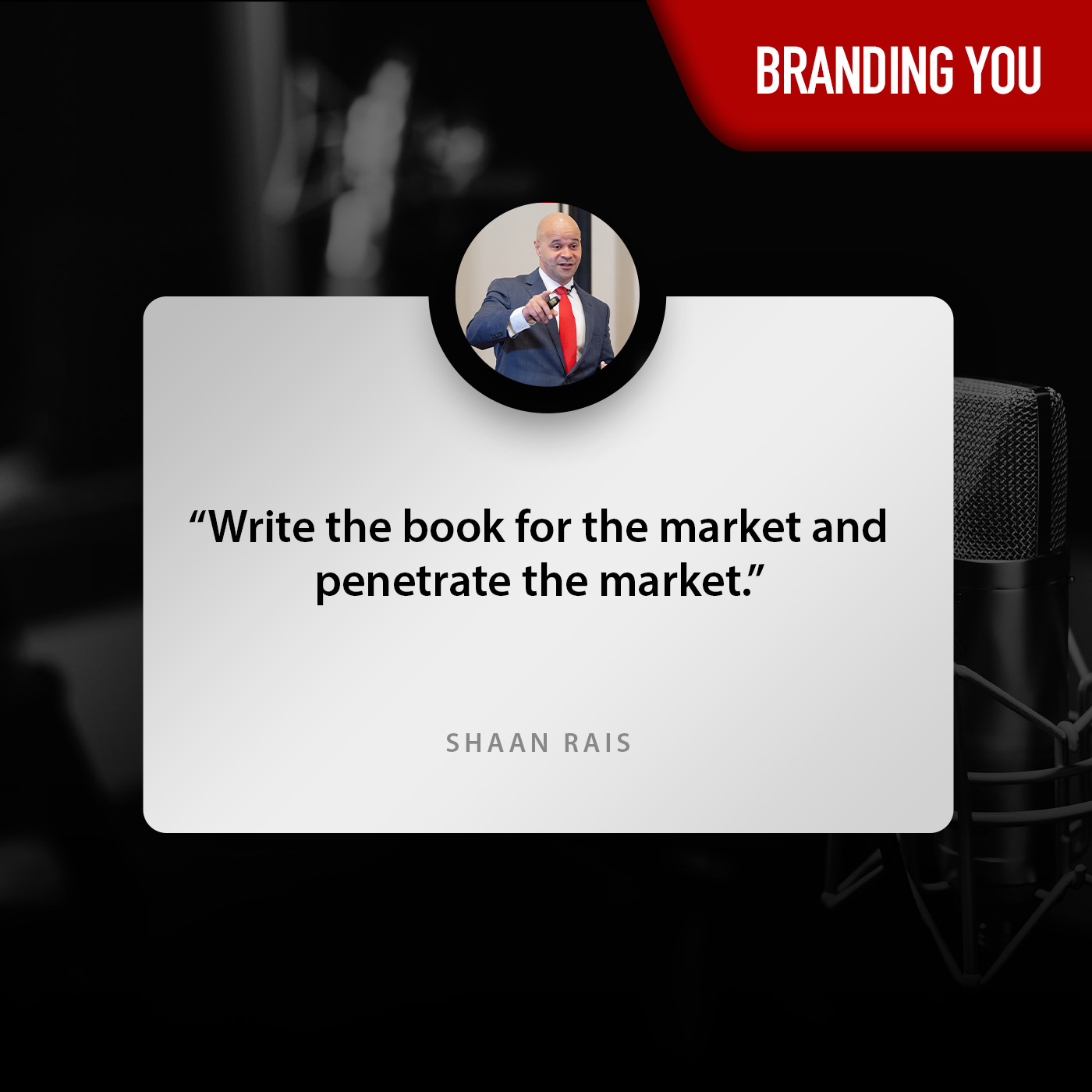
Rob has helped thousands of people to publish their books, get their books out of them, and help them penetrate different markets. He talked about visiting the United Nations and presenting in front of kings and presidents of countries and nations because he wrote a book. Let me ask Rob a question. I was going to state something but I want to ask questions for verification and clarification. Does this work for every industry?
I don’t know an industry that it doesn’t work for. Probably the simple answer is it does because every industry needs people to buy and be interested. What books do is they put people on the map. They give people authority and credibility. They reframe who a person is. I’m not aware of an industry where this wouldn’t work. We have done books for plumbers, roofers, contractors, and people in HVAC industries. I mentioned Evander Holyfield and Kevin Harrington but there are a lot more people like me in there than there are Kevin Harrington and Evander Holyfield.

It’s diametrically opposed industries.
It’s very different.
It’s industries notwithstanding. This works for you regardless of what industry you are in. I would go as far as to say no matter what industry you are in, you need a book. I tell my clients all the time I never had a business card. When I had business cards, I was failing. I was doing terribly. Business cards are the wastepaper receptacle. They’re made for the bags. I don’t have business cards but I tell everybody even in Branded Like a Leader in the second week of the 10 PD framework, “You want to write your book because your book is your business card. No one throws away a book.”
I give them strategies within the program. I said, “FedEx it. Make them sign for it. Send it to the president, the CEO, and the people that you want to do business with. Introduce yourself through your authority and credibility vehicle.” Your book is your authority and credibility vehicle. Let me ask you a question because we have a saying around here and the saying is, “Add a zero.” From your vast experience of working with thousands of different authors, genres, and industries, does the book help you to add a zero to your bottom line, profitability, credibility, and validity?
Better than anything else. The only addition to that is it has to be used. It’s not that you write the book, sit back, and wait for money to flood into your account. No one makes money like that. It doesn’t work that way. You were preaching to the choir. All the ways you teach how to get your credibility tool and your book in front of people are fantastic. Nothing works better than a book.
That is your personal brand builder. It’s a go-to for everyone who comes through one of our programs, Leadership Leverage, Branded Like a Leader, Coaching Like a Leader, Speaking Like a Leader, Marketing Like a Leader, and Closing Like a Leader. I don’t care what you do. If you want to be perceived as a leader, you need to write the book. Take the idea, put it in your hand, put the pen to the page, and let it rip.
If you’re having problems with letting it rip, then you need to speak to the right people who can put you in the right places so that you can get the book out of you. I understand that as a CEO sometimes you don’t have the time to write the book. Sometimes your mind is in multiple places. You’re signing checks, managing employees, closing deals, and doing product fulfillment. You don’t have time to write the book. There are strategies, systems, and mechanisms in place to help you write the book because your highest value use might not be writing the book. Let me ask you this, Rob. Does a person have to write a book to become an author?
Not at all. There are a lot of different ways. The way my company works, Best Seller Publishing, is we ghostwrite for our clients. They have to have the expertise and the teaching. It’s still them. It’s their book. It’s in their voice but we have the experts that can help them to get that message out of them. There are a couple of different ways to do this. Let’s say that somebody can’t afford $35,000 to $50,000 to work with a ghostwriter in my company to do all of this. That’s understandable. You have two other opportunities. One is you can write it yourself. Make sure that you get some good training. I have lots of free stuff that they can look at to do it themselves.
The other is they can do something like an anthology. We do anthologies. Honestly, this is something you should be doing with your group. An anthology is where somebody writes 1 chapter of their expertise, and it’s combined with 20 or 19 other experts on a subject like perseverance, leadership, or a business-related topic. That doesn’t have to cost more than a few thousand dollars to have somebody compile it like yourself and your team and then launch it to Best Seller. With very little output of energy and finances, they have the beginning foundation of this. They don’t want to stop there but that’s a good place to begin for people.
You read my mind or you must have read the bio. We put one out for 2023. We put the first anthology out. It launches on October 31st, 2023. That’s launching alongside the new ShaanRais.com website on Halloween. What do they say in the words of Wu-Tang? Protect your neck. We launched the first anthology and it’s called How to Build a Profitable Business and Brand From Scratch. The writing of the book is one of those strategies.
The reason why we did it was because I taught this in the 10 PD framework inside of Branded Like a Leader 1.0. Many people did not take advantage of it, follow through, and write the book. I said, “I have to figure this out for people. Give me a chapter and I’ll put them together.” We put it out through Omni Solutions Publishing. We’re following the model and the script. We’re not trying to recreate the wheel or reinvent the formula. We’re following a process of success and leaving clues, and this is one of them. Rob, you’ve been such a phenomenal guest. It’s such an honor to have you. I want to say thank you for taking the time out of your schedule to come here and speak to the audience.
I’m honored to be with you. I love what you’re doing. The people need to sign up for your next anthology because they’re too late for this one. Whenever your next one is and you need to get that one together, they need to be a part of that. That’s a great place to begin.
We will probably work together, and I’ll get some strategies from you and put them together. We can make it happen. I wanted to talk about a gift because you put together a gift for the people who are listening to this guy. If you are lucky enough to be reading this, Rob is going to give you a gift. He’s going to give you the book. Talk a little bit about the book, the gift, and the package that you’re going to give to people if they read this, and then follow up with you after this.
It’s a Wall Street Journal and USA Today bestseller. It’s approaching 100,000 copies sold. We offer it for free. It can be shipped to you. We just ask you to pay for the shipping. I have about $1,000 in other training that we give for free for people who get the book. All they have to do is go to PublishPromoteProfit.com, the name of the book. They don’t have to go to Amazon. You can buy it on Amazon if you want but it’s $20 on Amazon. You can get it for the cost of the shipping, save a vast majority of that money, and get all the bonuses. That’s the easiest way for me to practice what I preach and at the same time give back.
Thank you so much. I’m going to go ahead, edify that, and reinforce that. Go to PublishPromoteProfit.com and get the book as well as the additional value and training. Those trainings are about the opportunities that come after publishing, the different ways that they can publish through the company, and get that out into the world. You could do it now or ten years from now but the best thing that you could do for your business possibly and profitably is to write the book. Thank you so much again. I greatly appreciate it. If there’s a last word that you want to give to the people, what would the last word, the last idea, or the last sentence be?
Listen to you. I love what you’re saying. I am heart and soul in agreement with it. I love how you’ve used your book. Your example with Eric Thomas and Brian Tracy is phenomenal. I didn’t know that. I love that. That is very cool. You are somebody who is doing it. I’m honored to be engaged with you and work with you.
In the last book before the last book, the foreword was written by Dan Lok, the King of High Ticket. Connect yourself to someone who knows someone. They do this freely out of the goodness of their hearts. Give value. You will receive value in return. If you want to add a zero to you, then you want to publish, promote, and profit. This has been another edition of the show. Rob, thank you again.
Thank you.
